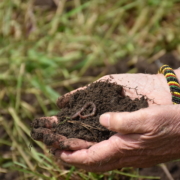Managing Soil for Water
Damaged and biologically dead soils represent a major opportunity to store water if we can restore them to anything like a healthy condition.
In this video, NCAT’s Mike Morris provides an overview of NCAT’s Soil for Water project: an innovative effort to take full advantage of the water-holding capacity of soil as a water conservation strategy.
The project was launched during the Texas drought of 2010-15, and is promoting regenerative land management on working ranches in Texas, New Mexico, Colorado, California, and other states, helping landowners conduct on-farm trials, discover new ways to improve their soil health, monitor changes in soils and vegetation, and share their findings through a peer-to-peer network.
John Dickey of Plan Tierra explains how growers in California’s irrigated Central Valley are responding to new pressures, applying water and nutrients as efficiently as possible while maintaining high levels of production. Permanent crops (mostly nuts and grapes) increasingly dominate acreage, along with forage, feed, and row crops, increasing opportunities for economies of scale for precision ag technology.
Healthy soils complement these programs and can help where growers understand the water cycling, and other benefits to managing soils for water. Growers must tailor practices that promote healthy soils to their specific needs and constraints, which include the Sustainable Groundwater Management Act (SGMA), which will limit ground water withdrawals, and the Irrigated Lands Regulatory Program, which requires growers to submit N management plans. Emerging assessment methods and management trends are also discussed.
Soil health has emerged as a central theme in conversations about the future of American agriculture. Soils have become a focal topic due to new scientific understanding, the application of emerging technologies, and a growing interest among producers and policymakers in improving climate resilience and mitigating emissions.
NCAT’s Soil Health Innovations Conference was held online with live-streamed speakers and panels, as well as virtual halls for exhibitors and student posters. The event allowed participants to network with exhibitors and sponsors and the producers, industry professionals, educators, and students who are at the cutting edge of soil health across the country.
This was a far-reaching exploration of agriculture’s sustainable future: on-farm practices, soil biology, carbon markets, and public policy.
You can explore this website for additional information about speakers, the agenda, and sponsors and vendors. SOILINNOVATIONS.NCAT.ORG/
This video is produced by the National Center for Appropriate Technology through the ATTRA Sustainable Agriculture program, under a cooperative agreement with USDA Rural Development. This video was also made possible in part by funding from Western Sustainable Agriculture Research and Education (WSARE) and other partners. ATTRA.NCAT.ORG.

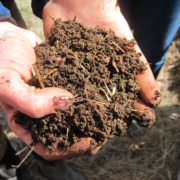
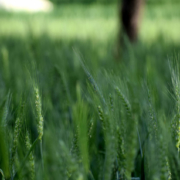
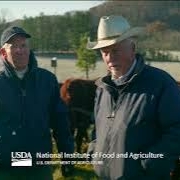
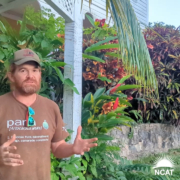
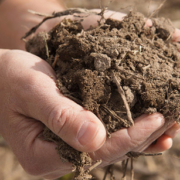
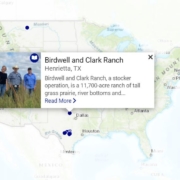

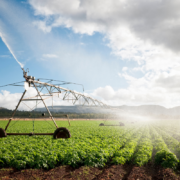 Canva Pro
Canva Pro